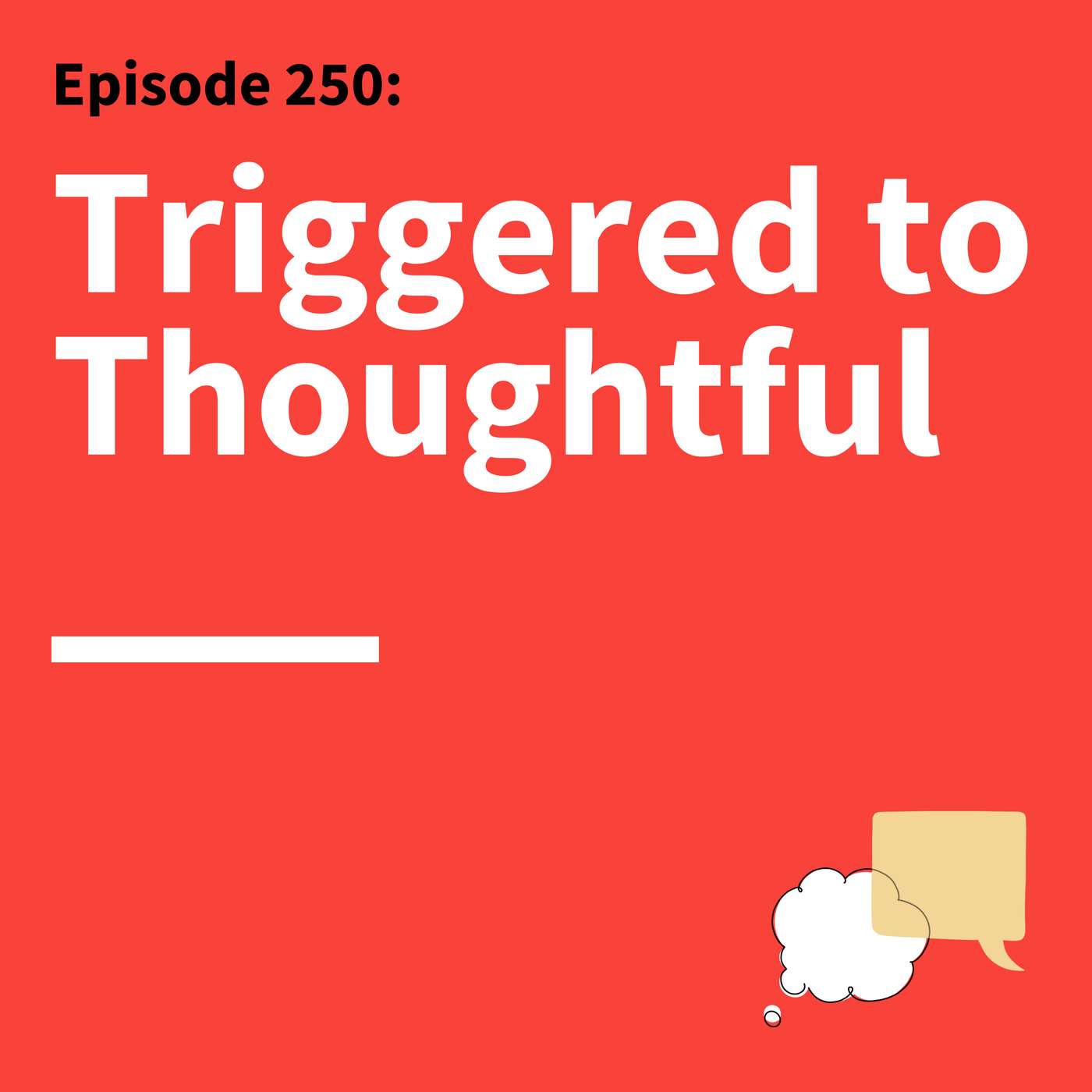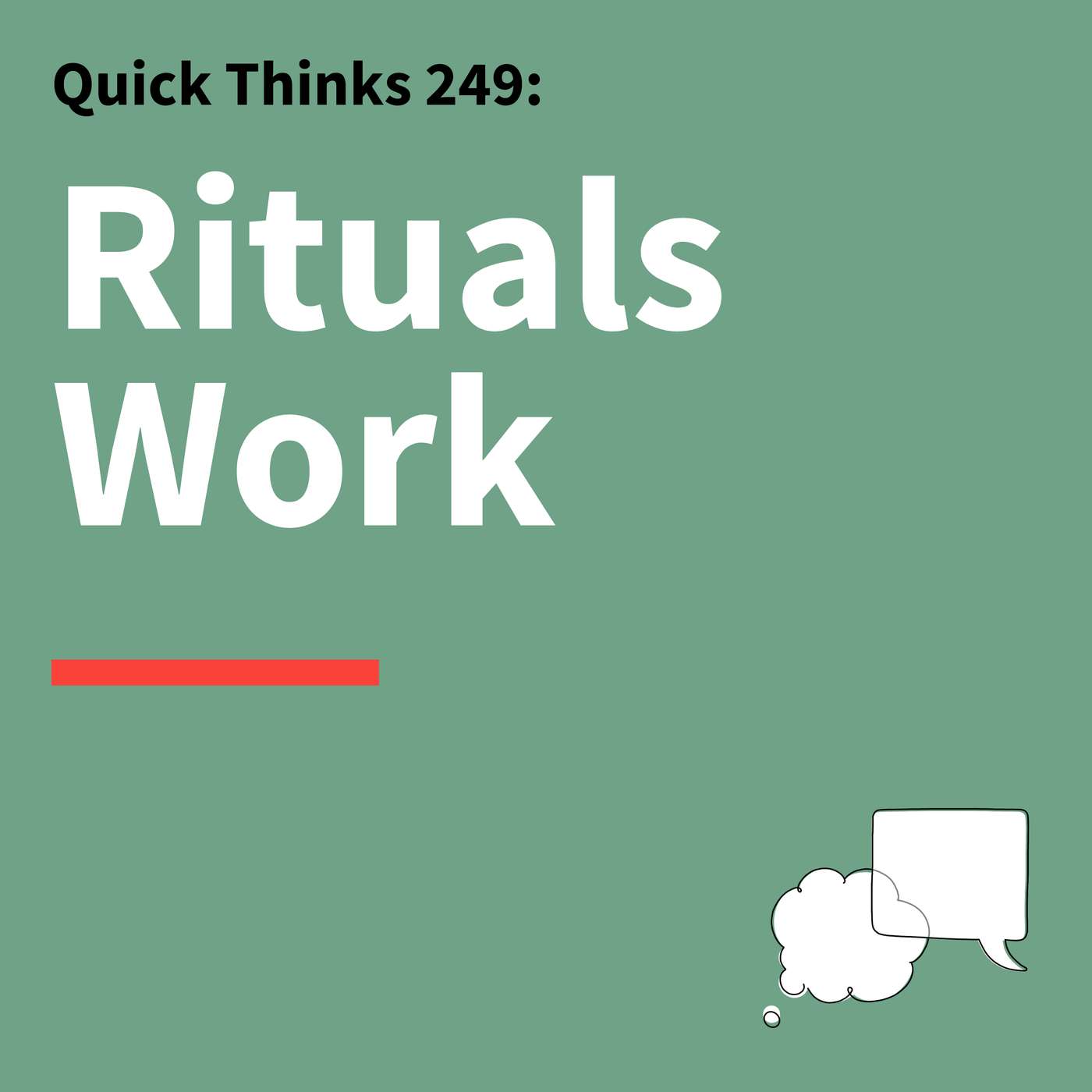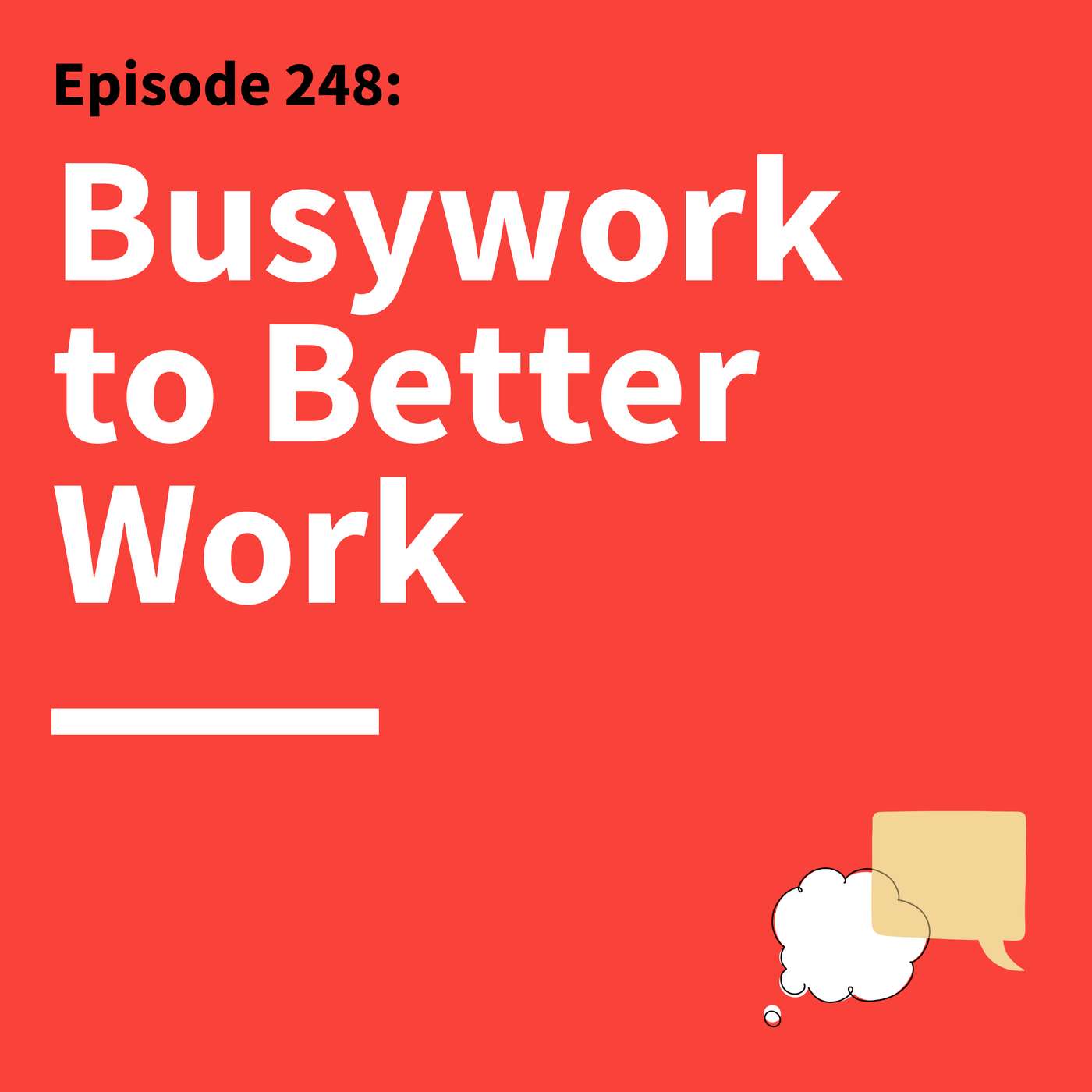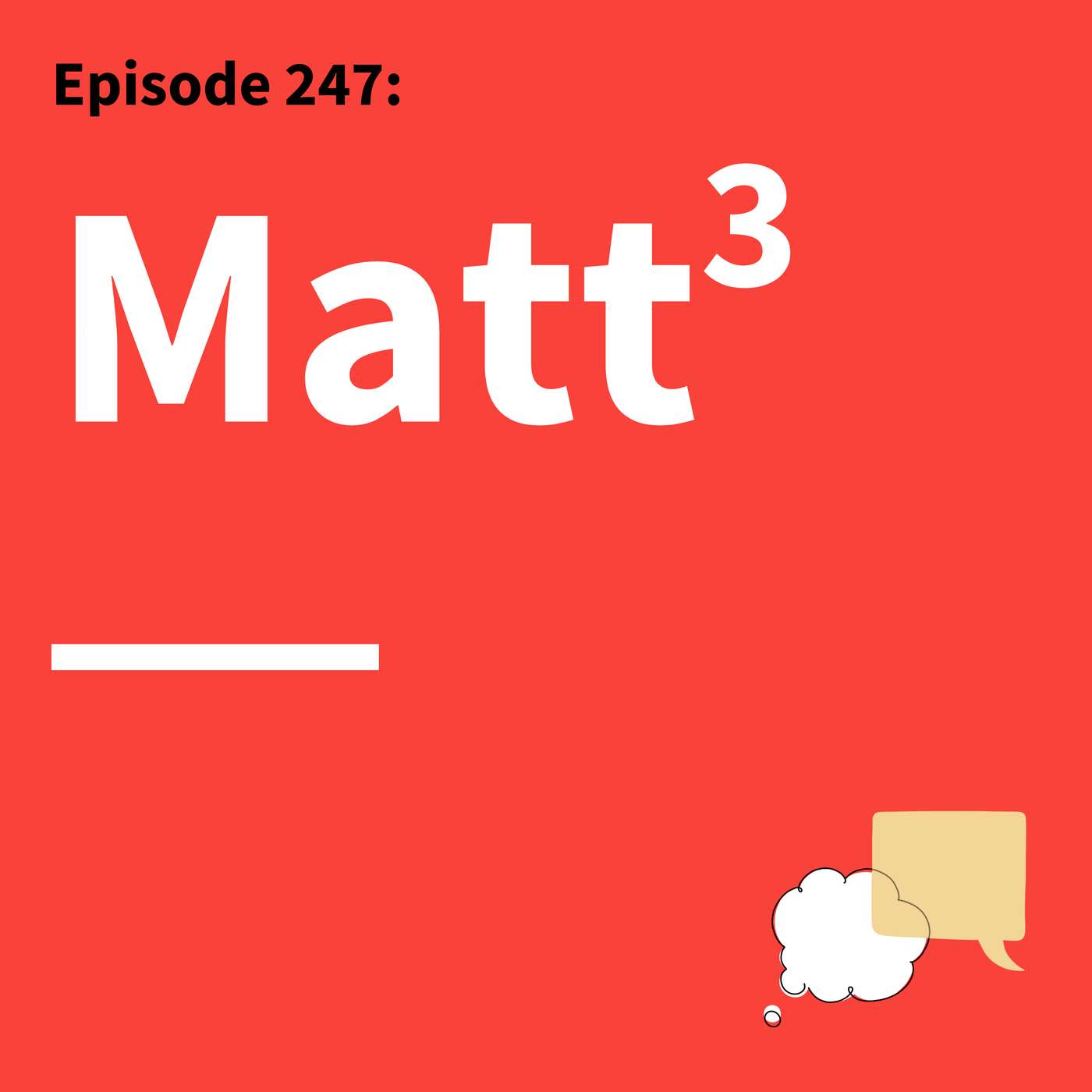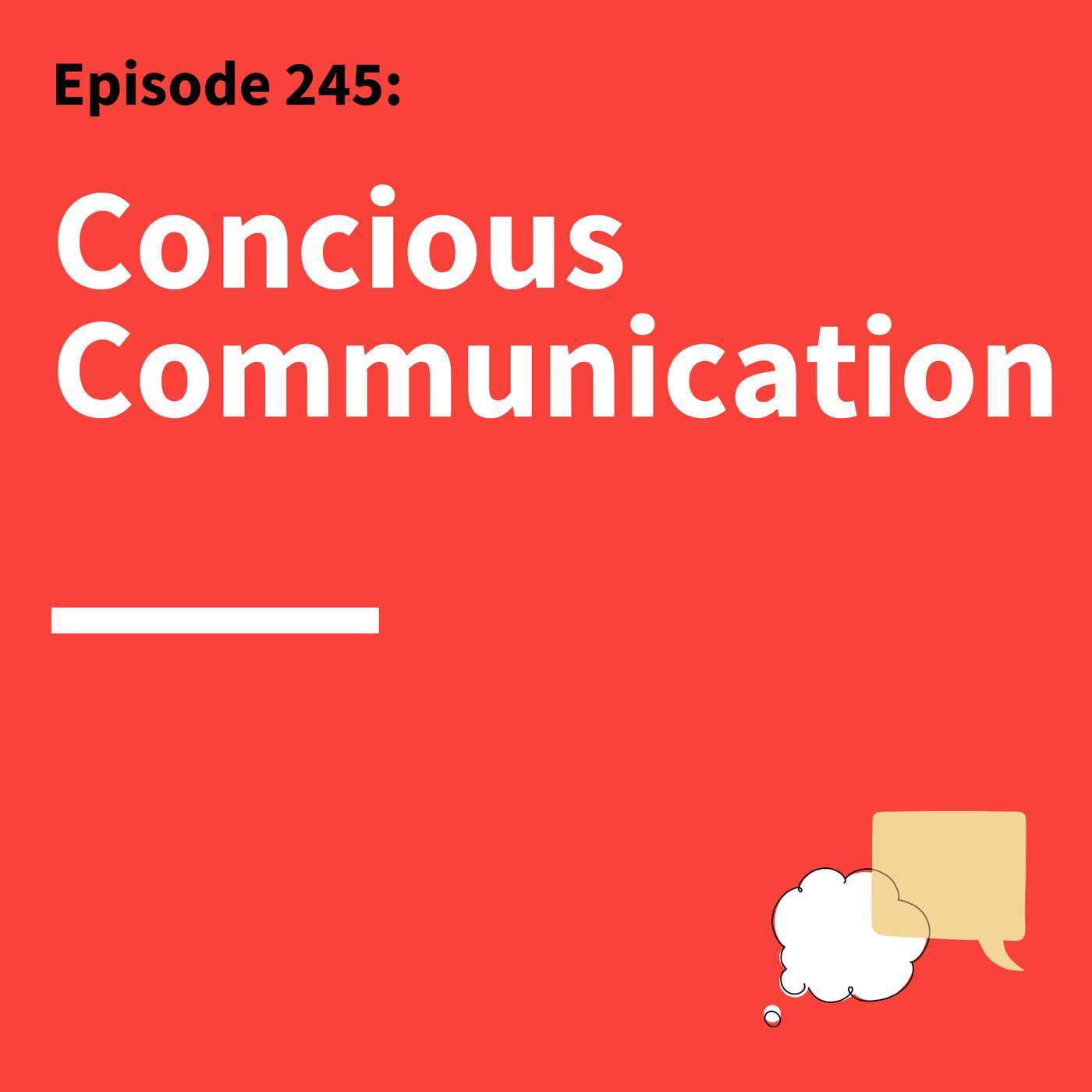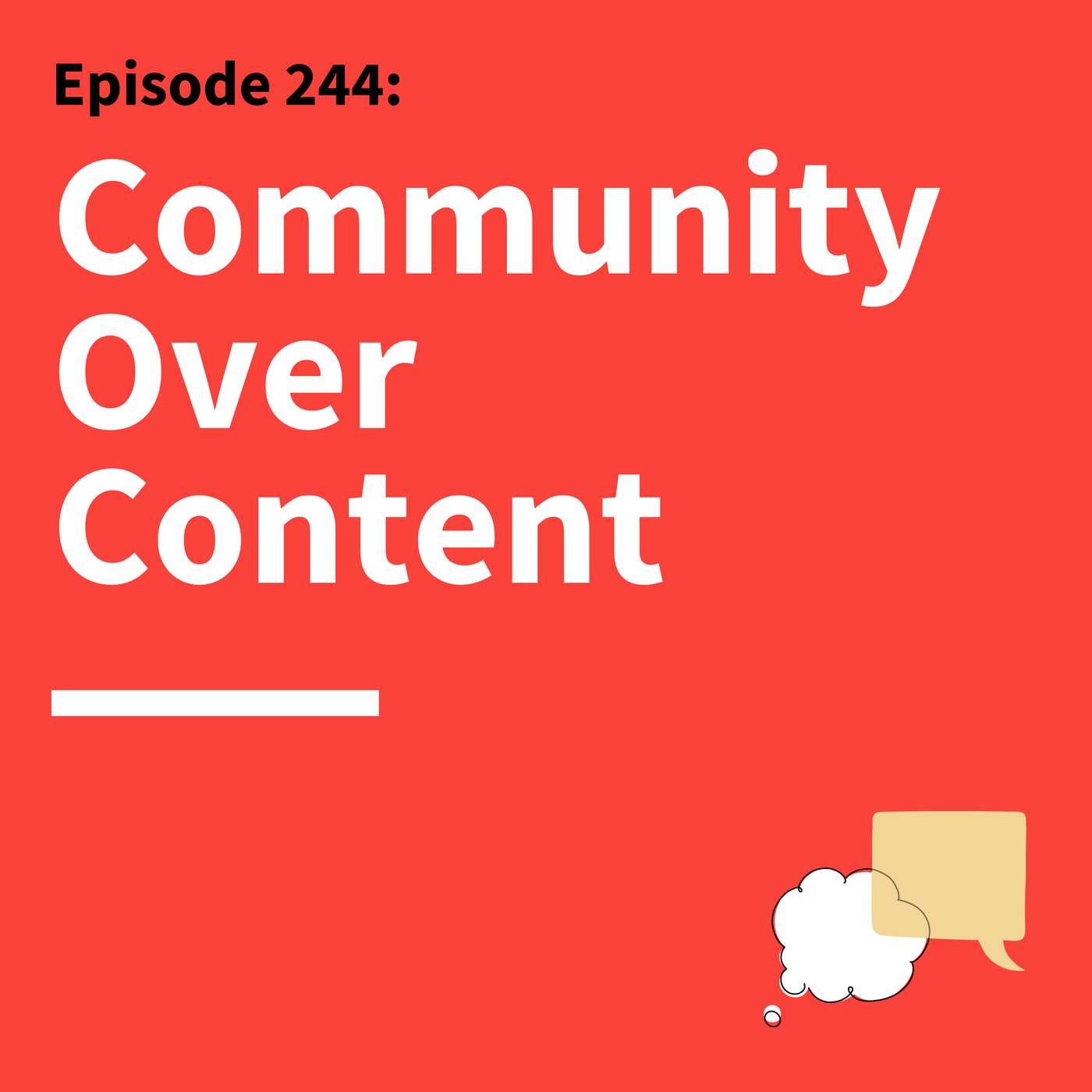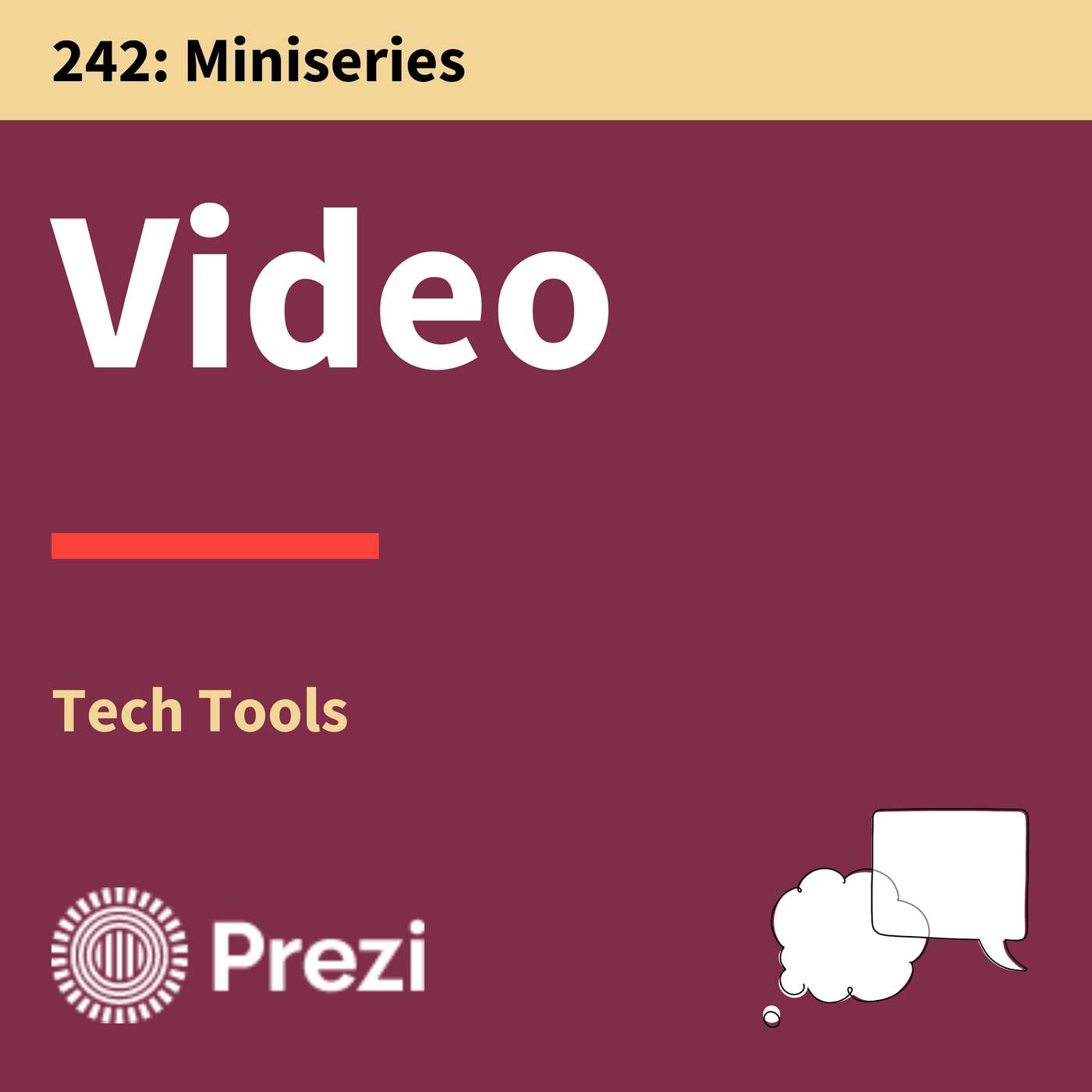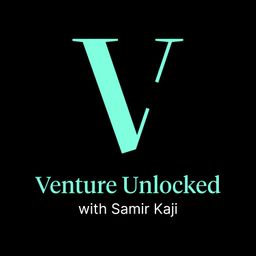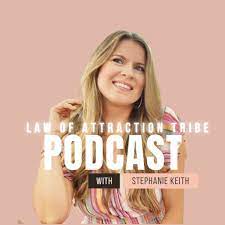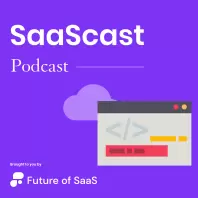Two new Think Fast Talk Smart AI tools put communication skills to the test in real time.
Technology promises many things, but few experiments illustrate its potential more vividly than a coach in conversation with his own digital counterpart. In this episode, Matt Abrahams introduces two new AI-powered tools from the Think Fast Talk Smart Online Learning Community: Coach Matt and Chat Matt. Trained on years of Matt’s communication teachings and podcast insights, these digital counterparts offer a rare opportunity to watch human expertise meet machine-driven guidance in real time.
Coach Matt begins by addressing a familiar tension: the surge of anxiety that surfaces before high-stakes speaking moments. His approach reframes that nervousness as a form of future-focused energy that can be redirected toward curiosity and clarity. He also introduces the “What–So What–Now What” framework, a simple but powerful method for giving feedback that remains constructive, direct, and grounded in shared purpose.
Chat Matt then steps into the conversation, tackling the challenge of crafting a compelling proposal in just two minutes. Its responses reveal how AI can quickly synthesize communication principles while also highlighting the evolving space where human nuance and digital precision intersect.
By pairing Matt Abrahams with his own digital counterparts, this episode of Think Fast Talk Smarts explores the future of communication learning—one where technology doesn’t replace the coach, but expands the possibilities for insight, clarity, and confident expression.
Episode Reference Links:
Connect:
Chapters:
- (00:00) - Introduction
- (02:38) - Introducing Coach Matt and Chat Matt
- (03:39) - Coach Matt: Speaking Anxiety
- (05:39) - Reframing Nervousness
- (06:39) - Constructive Feedback Framework
- (07:58) - Testing Communication Advice
- (09:32) - Chat Matt: High-Stakes Presenting
- (13:24) - Strengthening a Two-Minute Proposal
- (16:00) - Conclusion
********
Thank you to our sponsors. These partnerships support the ongoing production of the podcast, allowing us to bring it to you at no cost.
This episode is brought to you by Babbel. Think Fast Talk Smart listeners can get started on your language learning journey today- visit Babbel.com/Thinkfast and get up to 55% off your Babbel subscription.
Join our Think Fast Talk Smart Learning Community and become the communicator you want to be.


